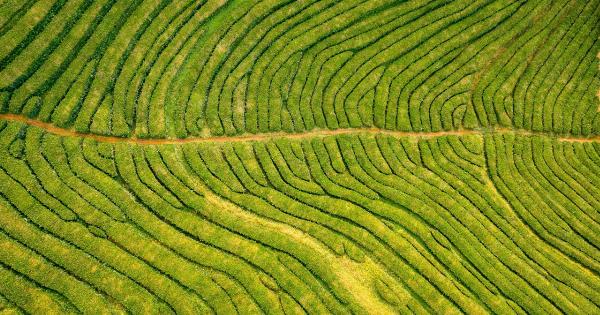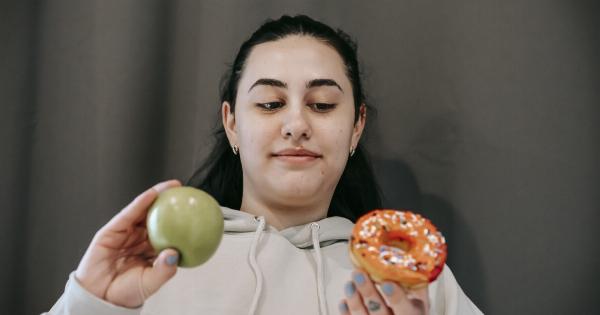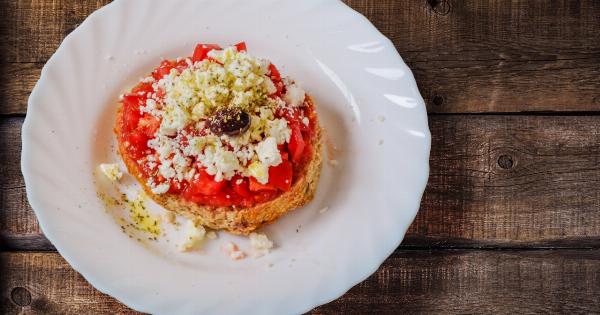Have you ever wondered why a cup of coffee tastes so appealing in the morning or how a sip of tea can provide an instant pick-me-up during the day? The answer lies in a small but powerful compound called caffeine.
Caffeine is a naturally occurring stimulant that is found in various plants, including coffee beans, tea leaves, and cocoa pods. It is known for its ability to increase alertness, enhance cognitive function, and improve mood. But what is the relationship between caffeine and our taste buds? Let’s explore the fascinating connection.
The Basics of Taste
Before delving into the relationship between caffeine and taste, it’s essential to understand the basics of how taste works.
Our taste buds, which are located on the tiny bumps on our tongues called papillae, are responsible for detecting the five primary tastes: sweet, sour, salty, bitter, and umami. When we consume food or drink, molecules from the substances interact with our taste buds, triggering various taste sensations.
Taste Modification by Caffeine
Caffeine possesses unique properties that can alter our perception of taste. It has been observed that caffeine can increase the threshold for tasting bitterness, meaning that it can make bitter substances taste less intense.
This effect is particularly evident in beverages like coffee and tea, which naturally contain bitter compounds. The presence of caffeine can mask or diminish the bitterness, making these beverages more palatable.
Enhanced Sensitivity to Sweetness
While caffeine may reduce the perception of bitterness, it can also heighten the sensitivity to sweetness. Studies have shown that caffeine can enhance the perception of sweetness, making sugary foods and drinks taste even sweeter.
This effect may explain why many caffeinated beverages, like soda or energy drinks, often contain high levels of sugar to balance the enhanced sweetness caused by caffeine.
Individual Differences
It is crucial to note that the relationship between caffeine and taste can vary from person to person. Some individuals may experience a more pronounced effect, while others may be less sensitive to the taste-modifying properties of caffeine.
Factors such as genetics, age, and previous exposure to caffeine can influence how our taste buds perceive the compound.
The Influence of Coffee Roasting
The taste of coffee is not solely determined by the presence of caffeine. The roasting process significantly impacts the flavor profile of coffee beans. Roasting at higher temperatures results in the development of complex flavors and aroma compounds.
When coffee beans are roasted, the bitter compounds are also altered, potentially interacting with the caffeine and influencing how it affects our taste buds.
Other Factors Affecting Caffeine’s Taste
Aside from the roasting process, several other factors can influence how caffeine interacts with our taste buds. The brewing method, water temperature, and even the quality of the water used can all impact the taste of caffeinated beverages.
Additionally, the presence of other substances, such as milk or sugar, can further modify the flavor and perception of caffeine.
Caffeine Tolerance and Habituation
Regular consumption of caffeine can lead to tolerance and habituation. Over time, our bodies adjust to the effects of caffeine, making it less potent.
As a result, individuals who consume caffeine regularly may need higher amounts to achieve the same level of taste modification or stimulant effects. This phenomenon highlights the role of individual differences and the complexity of the relationship between caffeine and our taste buds.
Caffeine Sensitivity and Sensory Evaluation
When it comes to sensory evaluations, individuals with varying levels of caffeine sensitivity can perceive the taste of caffeinated beverages differently.
Some may find the taste overwhelming or intense, while others may not experience the same level of stimulation. These differences can influence personal preferences for caffeinated drinks and contribute to the highly subjective nature of taste perception.
Conclusion
The relationship between caffeine and our taste buds is undoubtedly complex and multifaceted.
While caffeine can decrease the perception of bitterness and enhance sweetness, individual differences, brewing methods, and other factors can also influence our perception of taste. Understanding this unique relationship can help us appreciate and enjoy the diverse range of caffeinated beverages available to us.





























